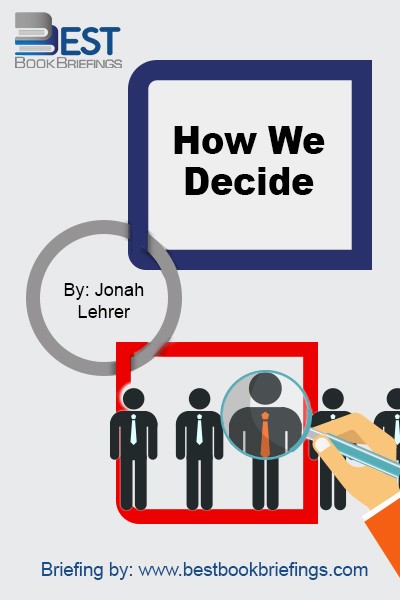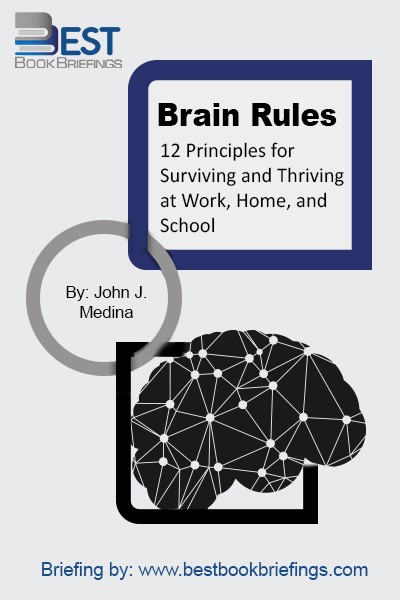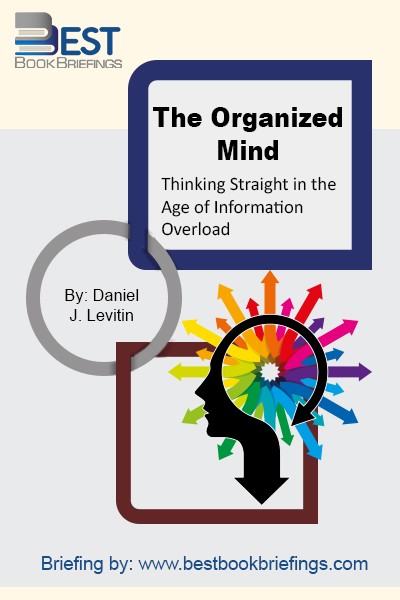Hive Mind
How Your Nation’s IQ Matters So Much More Than Your Own
Number of pages: 224
Publisher: Stanford Economics and Finance
BBB Library: Psychology and Strengths
ISBN: 978-0804785969
Editorial Review
Animal researchers, computer scientists, and occasionally social scientists sometimes use the metaphor of “collective intelligence” or a “hive mind” to explain group actions. Indeed, human society in every nation today is a form of collective intelligence, in which the accumulated knowledge of the past makes its members richer today, and in which the many small, daily cognitive contributions of millions of their neighbors – in offices, in factories, in the halls of government, and elsewhere – help to make their lives better. Those millions of small cognitive contributions are what create each nation’s collective intelligence, each nation’s hive mind. The key question is whether a nation’s average IQ scores are an important driver of the hive mind.
Book Reviews
Books on Related Topics

Whenever someone makes a decision and tries to be reasonable and restrained, the brain is awash in feelings, driven by its inexplicable passions. These emotions secretly influence our judgment. Naturally, these feelings sometimes can lead us astray and cause us to make all sorts of predictable mistakes. To make good decisions, God

The brain is an amazing thing, easily the most sophisticated information-transfer system on earth, this is because it sends jolts of electricity crackling through hundreds of miles of wires composed of brain cells so small that thousands of them could fit into the period at the end of this sentence. You

With lively, entertaining chapters on everything from the kitchen junk drawer to health care to executive office workflow, Levitin reveals how new research into the cognitive neuroscience of attention and memory can be applied to the challenges of our daily lives. The Organized Mind shows how to navigate the churning flood



